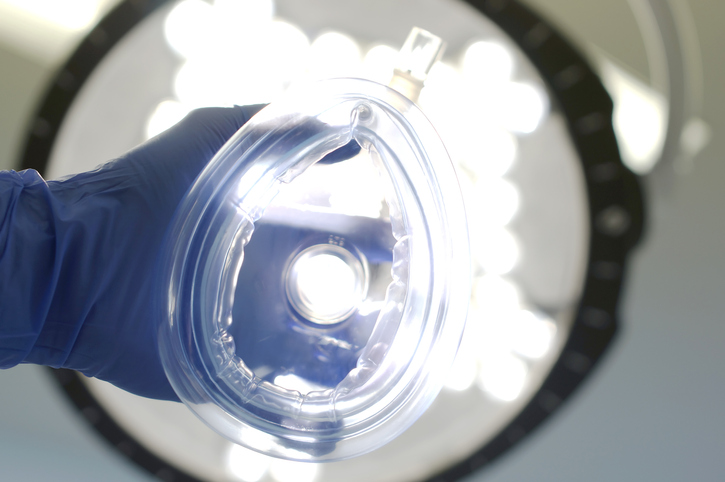When patients have surgery or other procedures in which they have to receive anesthesia, a team works together to ensure the patient’s safety and best care. One of these team members is the perianesthesia nurse.
Terry Clifford, MSN, RN, CPAN, CAPA, FASPAN, has worked in this field since 1991 and took time to answer our questions about it.
As a perianesthesia nurse, what does your job entail? What do you do on a daily basis?
Within the scope of perianesthesia nursing, there are a number of opportunities to serve. From 1991 until 2015, I worked as a clinical bedside nurse in the PACU (post anesthesia care unit). Throughout that time, I often worked as the clinical resource nurse for the unit, not only caring for patients emerging from anesthesia, but helping to coordinate resources within the unit to ensure safe patient ratios, appropriate breaks for staff, etc.
Today, I am the perioperative nurse manager responsible for leadership of 60+ staff members working between the preoperative clinic, the ambulatory surgery unit, and the post anesthesia care units. My current role in perianesthesia nursing includes oversight of unit-based budgets and productivity, staff education and guidance, and active participation in surgical services activities geared at optimization of services and providing quality care.
Why did you choose this field of nursing?
After graduating from nursing school in 1981, I was fortunate to have many opportunities to work in a wide variety of subspecialties, from med-surg, to cardiac rehab, to care coordination, to house supervisor. Upon graduating from a master’s program in 1991, I happened upon a clinical position in the PACU and never left.
It’s an amazing privilege to be able to help guide a patient and family through experiences that can seem frightening, during a time when they are most vulnerable and often fearful. There have been such wonderful advances in the science of anesthesia and pain management that being on the cutting edge of change is always exciting.
What’s the most surprising thing about your job that other nurses wouldn’t expect?
I think one of the interesting things about perianesthesia care is that while we can be confident that we have provided incredible support to safely and competently guide a patient through a surgical or procedural experience, many times the patient does not remember anything. This was disappointing to some nurses who highly value the nurse-patient relationship, but I believe that even in the fog of anesthesia, and the fact that the patient may or may not remember, we do an amazing job of keeping the patient experience a positive one.
What would you say to someone considering this type of nursing work?
I highly encourage staff to pursue their passion—if this is an area of interest, by all means, find a way in!
I think that perianesthesia nursing is the best kept secret in this profession. Every day, I am grateful for the privilege it offers as far as providing safe, respectful care to patients as well as providing safe, respectful leadership to staff.



